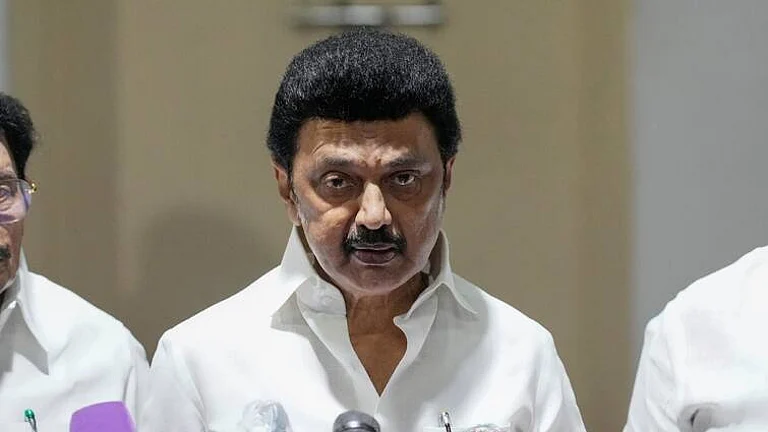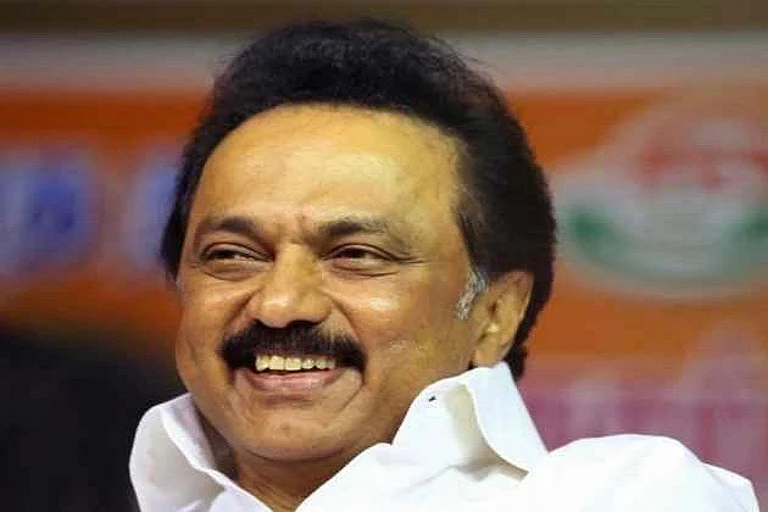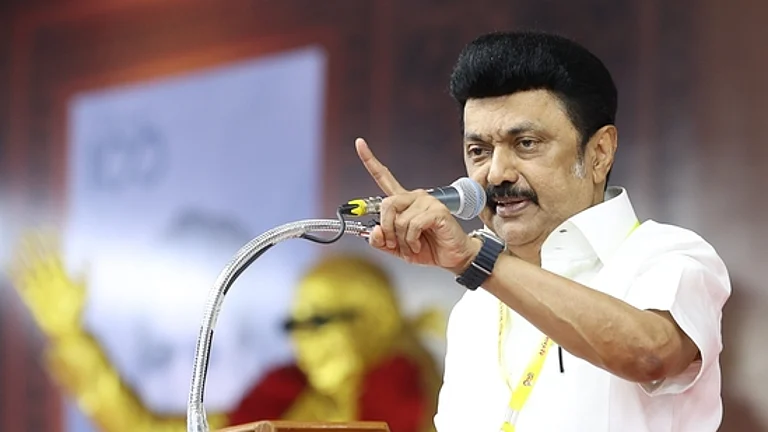Tamil Nadu Chief Minister M K Stalin unveiled the State Policy for Women-2024, focusing on women's welfare, employment, and political participation. The policy aims to empower women by recognizing their talents, fostering a safe environment, and enhancing their social status. Developed by the State Social Welfare and Women Empowerment Department, the policy emphasizes the correlation between overall societal development and women's progress.
At the unveiling event, attended by Minister for Social Welfare and Women Empowerment P Geetha Jeevan, Chief Secretary Shiv Das Meena, and others, the government highlighted its commitment to eliminating gender discrimination and creating a secure environment for women. The policy, aligned with the Chief Minister's vision of social justice, equality, and women's empowerment, will be effective for ten years, with a provision for a review after five years.
The official release noted the rarity of separate women development policies in Indian states, praising Tamil Nadu's initiative. Key features include a gender-sensitive education system, healthcare improvements, increased employment opportunities, safe workplaces, support for women-led businesses, digital literacy promotion, and skill development programs. The policy's objectives will be realized through collaborative efforts among various departments.
To ensure effective implementation, the Department of Social Welfare and Women Empowerment will establish an 'Implementation and Monitoring Unit.' Regular reviews, chaired by the chief secretary and involving relevant departments, will occur every six months, while district-level monitoring committees led by district collectors will address challenges and review implementation every two months.


__570_850__571_855_1.jpg?w=801&auto=format%2Ccompress&fit=max&format=webp&dpr=1.0)



















